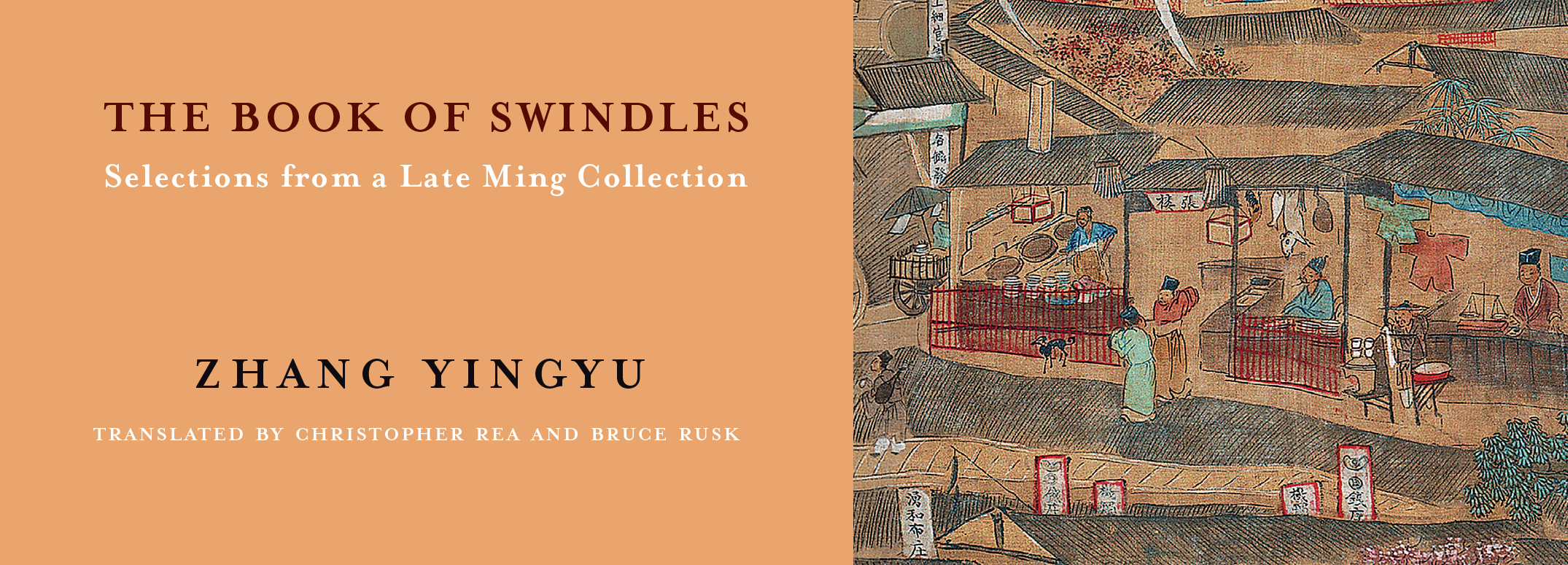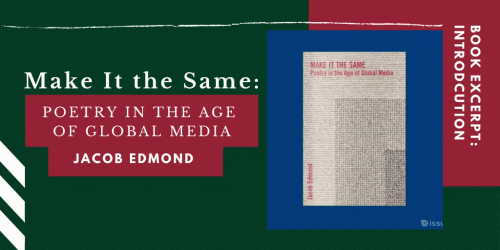The Complexity and Individuality of Contemporary Chinese Experiences and Perspectives
Our World Literature Week celebration continues today with a focus on Zhu Wen’s The Matchmaker, the Apprentice, and the Football Fan: More Stories of China, translated by Julia Lovell, and newly released in paperback. We are happy to present part of an interview with Julia Lovell from the Los Angeles Review of Books, as well as the short story “The Apprentice,” excerpted in full from the book:
On Zhu Wen’s Stories and Other Works of Chinese Fiction: A Q & A with Julia Lovell
Jeffrey Wasserstrom: In an endorsement of the new collection, Jonathan Spence, who praised I Love Dollars in the London Review of Books, says that this “second volume of short stories” is “both darker and denser than the first.” Does that fit with your feeling about the new book or would you characterize the contrast differently?
Julia Lovell: I think that’s a perceptive comment by Jonathan Spence. There was plenty that was shocking and dark about the first collection – in particular, the kind of careless amorality that some of the stories diagnosed in 1990s China. But there was also, I think, a strand of humor, a strong appreciation of the farcical, running through some of the pieces. That’s less dominant in the new collection. Two of the stories that take a more conversational, absurdist take on life in the People’s Republic – “Da Ma’s Way of Talking” and “The Apprentice” – are also overtly tinged with sadness. The relaxed, humorous narration of the first story contrasts with its ending; in the second piece, the lightly sardonic tone blurs into the narrator’s sense of despairing melancholy as he feels increasingly trapped by his future in the socialist economy. At the same time though, I think that the new volume offers more thoughtful insights into human relationships, and into the impact of political pressures on day-to-day life.
But I’m still very drawn to work that showcases the more relaxed side of Chinese culture. At the moment, I’m working on a new abridgement of Journey to the West, a book from the imperial Chinese canon that fizzes with humorous irreverence. Stodgy Neo-Confucians, covetous Buddhists and libidinous Taoists – all are mocked in the novel; at one point, the book’s hero, the Monkey King, even urinates on the hand of the Buddha.
JW: When I first encountered Zhu Wen, while struck by the originality of his voice and approach, I did think of parallels to the “hooligan fiction” of Wang Shuo that I was initially introduced to by reading Geremie Barme’s take on him. Does Zhu Wen acknowledge being influenced at all by Wang Shuo’s early work? Does he place himself in a different sort of lineage, either an international or distinctively Chinese one?
JL: He’s never mentioned that to me as an overt influence, but at the same time I think that Wang Shuo’s broader, more diffuse influence on Chinese culture in general at the end of the 1980s and early 1990s is hard to escape –his role in dissipating some of the intellectual earnestness of the 1980s in particular, and in establishing irreverence towards the state and towards society as a keynote in contemporary Chinese fiction in general. Wittingly or no, Zhu Wen has assuredly extended that project.
When I first got to know them around 2000, some of the Chinese writers of Zhu Wen’s particular literary grouping – termed the xin shengdai, or “New Generation,” of writers (a rather loose classification that referred to authors born in the late 1960s to early 1970s and who started publishing in the 1990s) – publicly, and perhaps a little brattishly, liked to reject influences from other Chinese writers, both past and present. Lu Xun, for example, was dismissed as “an old stone”. But this generation of writers are readier to admit foreign influences. Kafka and Borges, for example, are two of Zhu Wen’s acknowledged inspirations. Visiting Zhu Wen in his apartment in 1995, an interviewer noticed a portrait of Kafka hung on one of the walls.
JW: Readers who turn to Chinese fiction looking for political parables or clear insights on how to think about China’s Communist Party are likely to be frustrated by Zhu Wen. Part of what draws me to him is that, reading him, I can treat him simply as a talented writer telling unusual tales, which are set in the distinctive milieu of contemporary China, yet are not first and foremost striving to reveal truths about Chinese politics and culture. This doesn’t mean, though, that the works have nothing to do with politics. How would you describe the political implications of these stories, if you see them as having any that is?
JL: When we were planning this collection, I think that Zhu Wen wanted me to include some stories that showed a greater political engagement than those in the previous book, and I believe that the context does come through more strongly in this volume: in particular the moral vacuum resulting principally from the protests and bloody suppression of 1989, but more broadly from post-Mao disillusionment with the Communist political experiment. I hoped that readers would have exactly the response that you had: Zhu Wen has no pretensions to diagnosing the state of the nation here, but his work does compel the reader to engage with a highly personal, maverick, and critical response to China’s present and recent past. He forces us to acknowledge the complexity and individuality of contemporary Chinese experiences and perspectives. I think this is particularly valuable when approaching a country like China, whose sheer vastness can sometimes obscure individual detail.
Read the full interview on the Los Angeles Review of Books tumblr edition.
The Apprentice
By Zhu Wen





